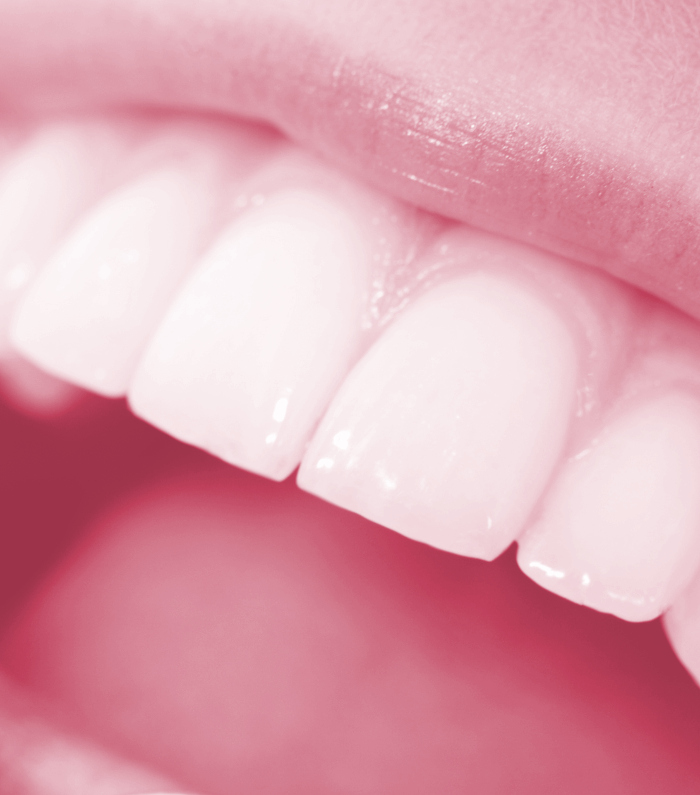Fluoride replacement tested
 Researchers are testing a new kind of toothpaste that features a replacement for fluoride.
Researchers are testing a new kind of toothpaste that features a replacement for fluoride.
The latest clinical trial suggests the toothpaste containing synthetic tooth minerals can prevent cavities as effectively as fluoride.
The scientists were testing hydroxyapatite toothpaste, which is already known to help people who are at particular risk for cavities or have trouble with dental sensitivity and periodontitis, but which has not been trialled in adults with healthy teeth.
Patients used either a hydroxyapatite toothpaste or a fluoride toothpaste for 18 months.
At the end of this period, the patients using hydroxyapatite toothpaste were no more likely to develop cavities than the patients using fluoride.
Most toothpastes use fluoride, a powerful tool for oral hygiene. However, fluoride can pose health problems in some cases, especially for children who consume too much fluoride by swallowing most of their toothpaste: children normally use only a tiny dose of toothpaste to avoid these problems, but that reduces toothbrushing efficacy.
In the search for alternatives, a team of international scientists and Polish clinicians identified hydroxyapatite toothpaste.
“Hydroxyapatite is a safe and effective alternative to fluoride in caries prevention for daily use,” said Professor Elzbieta Paszynska of the Poznan University of Medical Sciences, co-principal investigator and corresponding author of the study published in Frontiers in Public Health.
Hydroxyapatite is a calcium phosphate mineral found in the skeleton.
It is known to be very safe for human consumption and has previously been shown to help with oral conditions like periodontitis.
It can both inhibit the demineralization of teeth, a key step towards a cavity, and contribute to remineralisation, which reinforces damaged tooth surfaces.
“Currently, in dental care, the aim is to use ‘minimally invasive dentistry’ as often as possible,” explained Paszynska.
“This means trying to preserve as much tooth tissue as possible, including those altered by initial caries that still show the ability to remineralize. The use of remineralization compounds is a boon, as it may limit the need for invasive treatment of carious lesions with a drill.”








 Print
Print